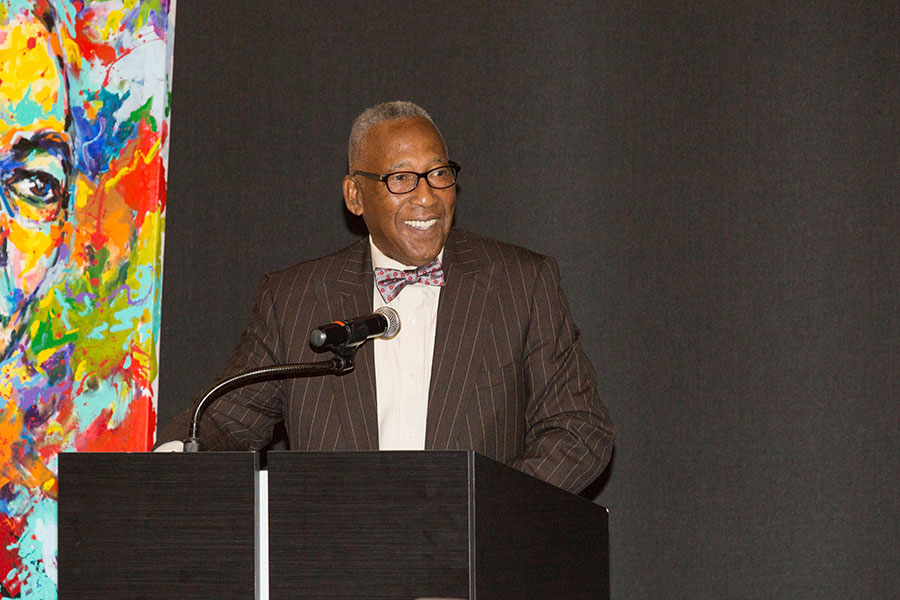
Event will pay tribute to enslaved African Americans and their contributions to the country 100 years prior to 1619
Florida Agricultural and Mechanical University’s (FAMU) Carrie Meek – James N. Eaton, Sr., Southeastern Regional Black Archives Research Center and Museum (MEBA) and Florida State University’s (FSU) Civil Rights Institute (CRI) are pleased to announce “1619 and Beyond,” a collaborative reflection of slavery in America.
“1619 and Beyond” will recognize the 400th anniversary of the arrival of the first enslaved people from West Africa in 1619 to the colony of Virginia. The event will also stress the importance of recognizing the enslavement of Africans who arrived in what is now the United States 100 years prior to the historically inaccurate 1619 date.
“1619 and Beyond” will feature proclamations from the office of United States Rep. Al Lawson, Florida state Rep. Ramon Alexander, the Leon County Commission and City of Tallahassee Mayor John Dailey. The event — which is free to attend — will be held from 6 to 8 p.m. Thursday, Oct. 24, at the Historic Union Bank located at 219 Apalachee Parkway.
“This event, “1619 and Beyond” is the first event within a continuum of educational forums that will explore the history of slavery and civil rights in this country and this state, and the many contributions African Americans,” said Fred Flowers, the event master of ceremony and the first African American student-athlete to wear an FSU uniform.
Event organizers believe the two universities partnering to present this vital retrospective illustrates the significance of acknowledging unique facets of our culture in a manner that is both responsible and truthful.
“African American history is American history and this collaboration is important and significant in that it will allow a wider group of people to be exposed to what is an integral part of our culture,” said Nashid Madyun, DM, director of MEBA.
“We are thrilled to collaborate with Florida A&M on this event that recognizes our country’s first enslaved African Americans and their contributions to building our nation,” said FSU Provost and Executive Vice President for Academic Affairs Sally McRorie. “It is crucial that future generations understand and appreciate our history as we strive to advocate for positive social change and eliminate injustice.”
The event—which is open to the public and free to attend— will be held at the historic Union Bank and will allow attendees to hear and see how black Floridians were able to overcome significant challenges and make notable contributions that have resonated throughout time.
“In order to understand contemporary race relations in America, we have to go back to the legacy of slavery,” said Flowers.
Union Bank is Tallahassee’s oldest surviving bank and was constructed in 1841 when Florida was still a territory. It reopened after the Civil War as the Freedman’s Savings and Trust Company for emancipated slaves. It is now listed on the National Register of Historic Places and houses special exhibits from FAMU’s Black Archives.
“This is the perfect location for truth and dialogue,” Madyun said.




